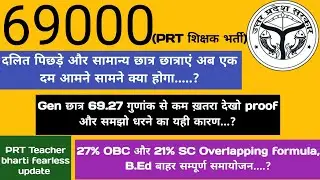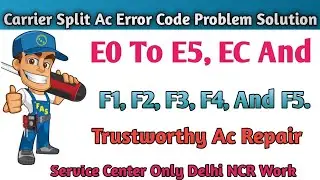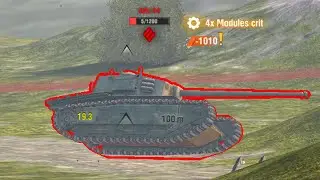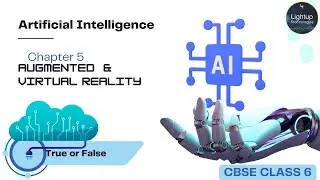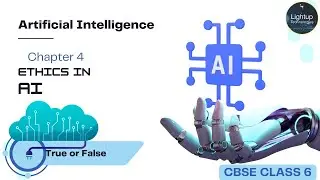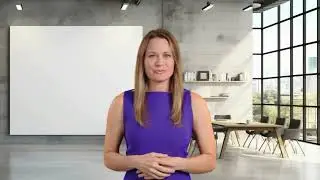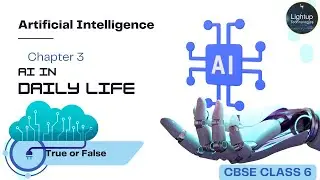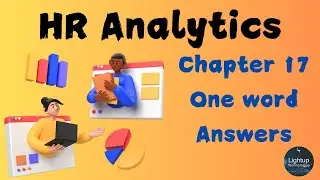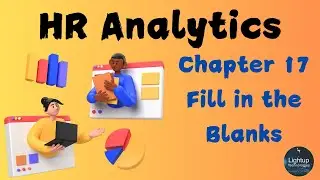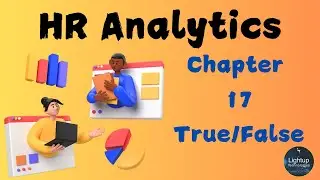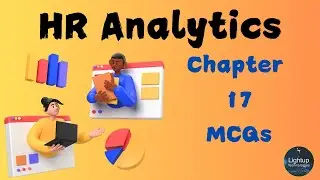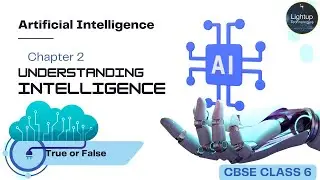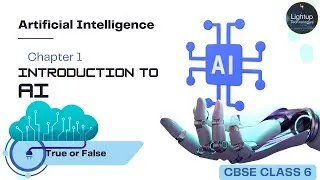R Programming Insights Chapter 3 - Control statements, loop, and Functions Practice Questions
Welcome to Chapter 3 of our "R Programming Insights" series, where we focus on mastering control statements, loops, and functions through a comprehensive set of practice questions.
Please access the updated Online Form through the following link: https://forms.gle/DVrmFk4SuQjZ8VRV7
This video is designed to help you deepen your understanding of these critical programming constructs, which are essential for writing efficient and effective R code. Whether you are building on previous chapters or looking to enhance your R programming skills, this guide provides valuable insights and hands-on practice to ensure your success.
In Chapter 3, we start by exploring control statements, which are fundamental for directing the flow of execution in your programs. We cover if-else statements, switch cases, and other conditional constructs that allow you to make decisions within your code. Understanding these control structures is crucial for implementing logic and handling different scenarios that arise during data analysis and manipulation. Our practice questions are designed to help you apply these concepts, ensuring you can write clear and concise conditional statements.
Next, we delve into loops, which are indispensable for automating repetitive tasks and iterating over data structures. We discuss the various types of loops available in R, including for loops, while loops, and repeat loops. Each type of loop has its unique use cases and advantages, and mastering them will enable you to perform iterative operations efficiently. The practice questions in this section challenge you to use loops to solve common programming problems, reinforcing your understanding and ability to implement loops effectively in your code.
Functions are a core aspect of programming that allows you to encapsulate code into reusable blocks, making your programs modular and easier to maintain. In this chapter, we cover the basics of writing functions in R, including how to define functions, pass arguments, and return values. We also explore more advanced topics such as anonymous functions and higher-order functions, which provide powerful tools for functional programming. The practice questions guide you through creating and using functions to solve various tasks, ensuring you can leverage functions to write more organized and efficient code.
A significant focus of this chapter is on combining these constructs to create robust and flexible programs. We demonstrate how to use control statements within loops, how to call functions within loops, and how to implement nested loops and conditional statements. These combined techniques are essential for tackling complex programming challenges and writing sophisticated R scripts. The practice questions encourage you to apply multiple concepts together, enhancing your problem-solving skills and ability to write comprehensive programs.
Error handling and debugging are also crucial skills for any programmer. We introduce you to error-handling techniques in R, such as try-catch blocks, which allow you to manage and respond to runtime errors.
Thank you for joining us in this educational adventure. We appreciate your support and encourage you to like, comment, and share this video with your peers and networks. Together, let’s explore the world of R programming and unlock the potential of data-driven insights.



